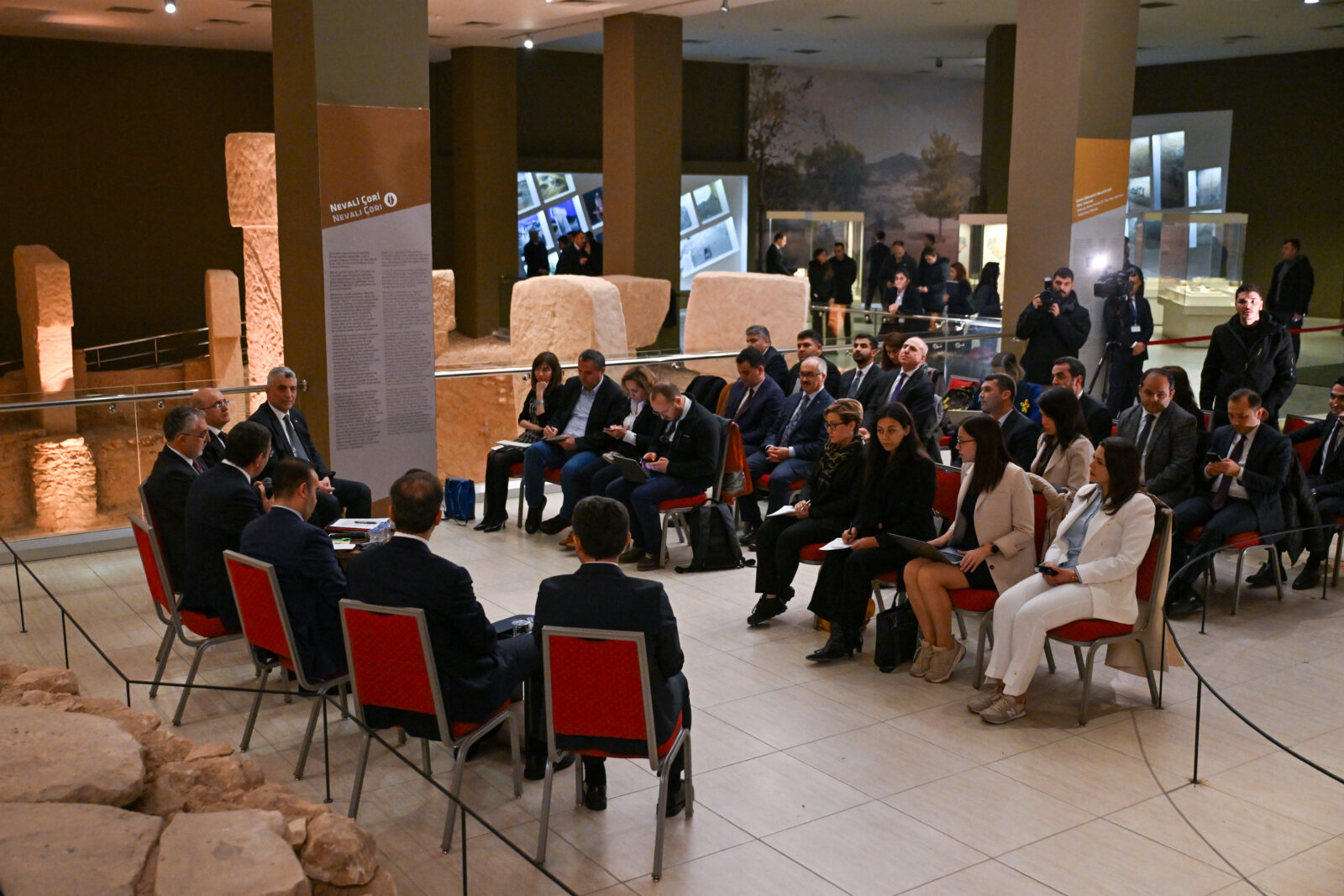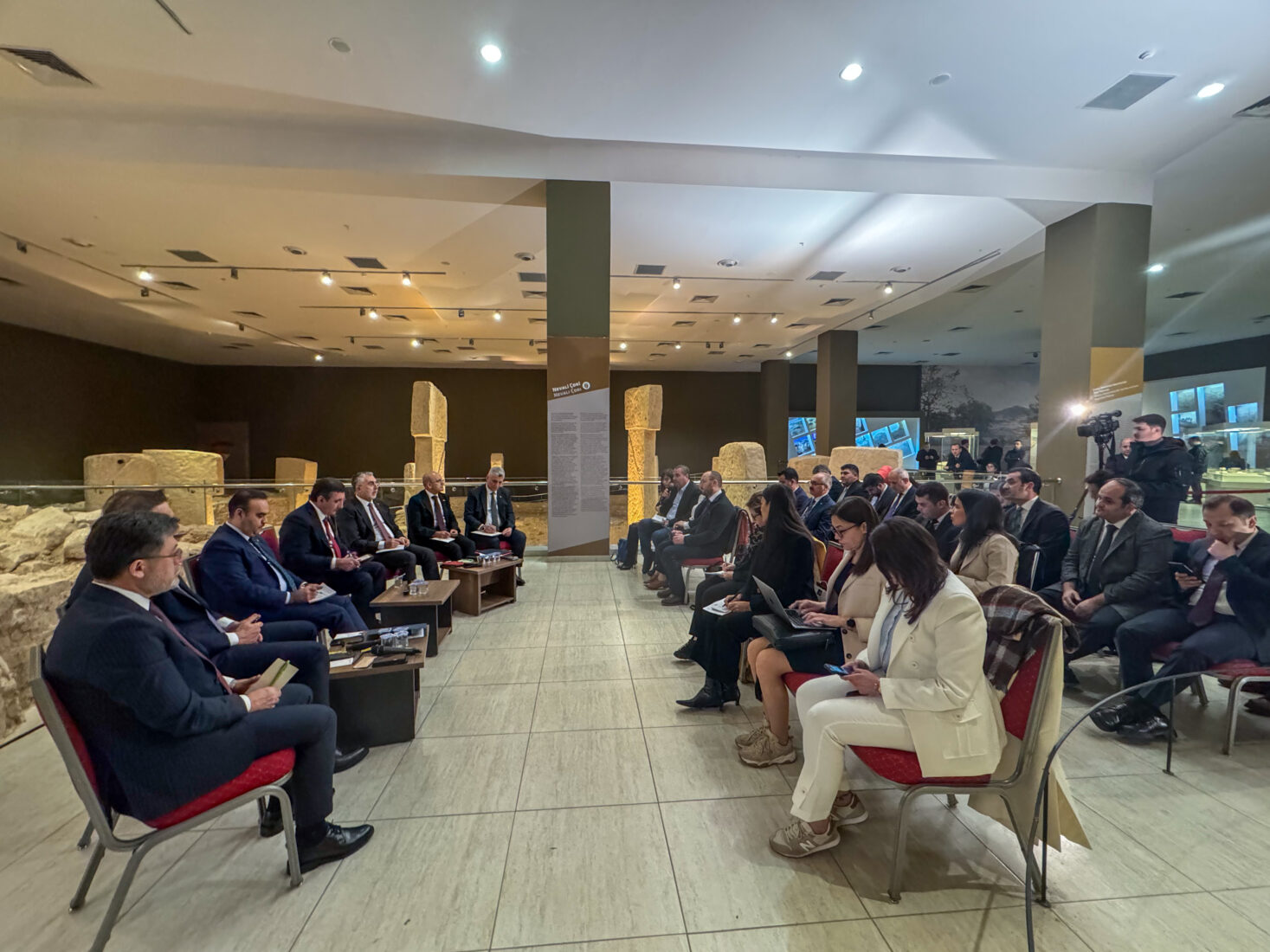Finance Minister Mehmet Simsek Monday highlighted mutual opportunities from renewing the EU Customs Union, emphasizing easier market access across all sectors.
“Competition drives efficiency and innovation, which is, of course, disinflationary,” Simsek stated, pointing out the global inflation trend that also heavily impacted the Eurozone.
The Economic Administration addressed journalists on Sunday following the New GAP Action Plan Consultation Meeting in Sanliurfa and the year’s final Economic Coordination Board (EKK) meeting.
Discussing efforts to renew the agreement, Minister Simsek underscored the significance of facilitating market entry and exit across all products and sectors while ensuring robust global integration.
Simsek emphasized Türkiye’s high export potential, noting that Türkiye provided ₺531 billion ($15.03 billion) for loans to support exporters in 2024.


‘Aim to reduce budget deficit to 3% by 2025’
Minister Simsek reaffirmed their determination to lower inflation, recalling that inflation stood at 64% in 2022 and 65% in 2023.
“Our central bank predicts closing the year within a 44-45% range, so inflation is decreasing,” he remarked.
Simsek stated that the Central Bank of the Republic of Türkiye (CBRT) established the necessary framework for disinflationary monetary policy, which will continue firmly.
Simsek emphasized that inflation will continue to decline in 2025, noting:
- Monetary policy has delayed effects, and its contribution to the disinflationary process will persist.
- The delayed impact will be evident over the next 18 months. We aim to reduce the budget deficit from around 5% to 3% by 2025.
He also stated that managed and guided pricing would align closely with the Central Bank’s 2025 target.
Highlighting their priority of boosting food supply, Simsek noted that the Ministry of Agriculture and Forestry will continue to receive support for initiatives such as irrigation, land consolidation, food logistics and the establishment of specialized food zones.
What is customs union agreement?
The Customs Union Agreement is a trade agreement between Türkiye and the European Union (EU), signed in 1995, that allows for the free movement of certain goods between the two parties without customs duties or quantitative restrictions.
The agreement has been open to debate in recent years because of issues such as the exclusion of Türkiye from the EU’s free trade agreements with other countries, road transport quotas imposed on Turkish trucks and Türkiye’s limited role in consultation and decision-making mechanisms.
